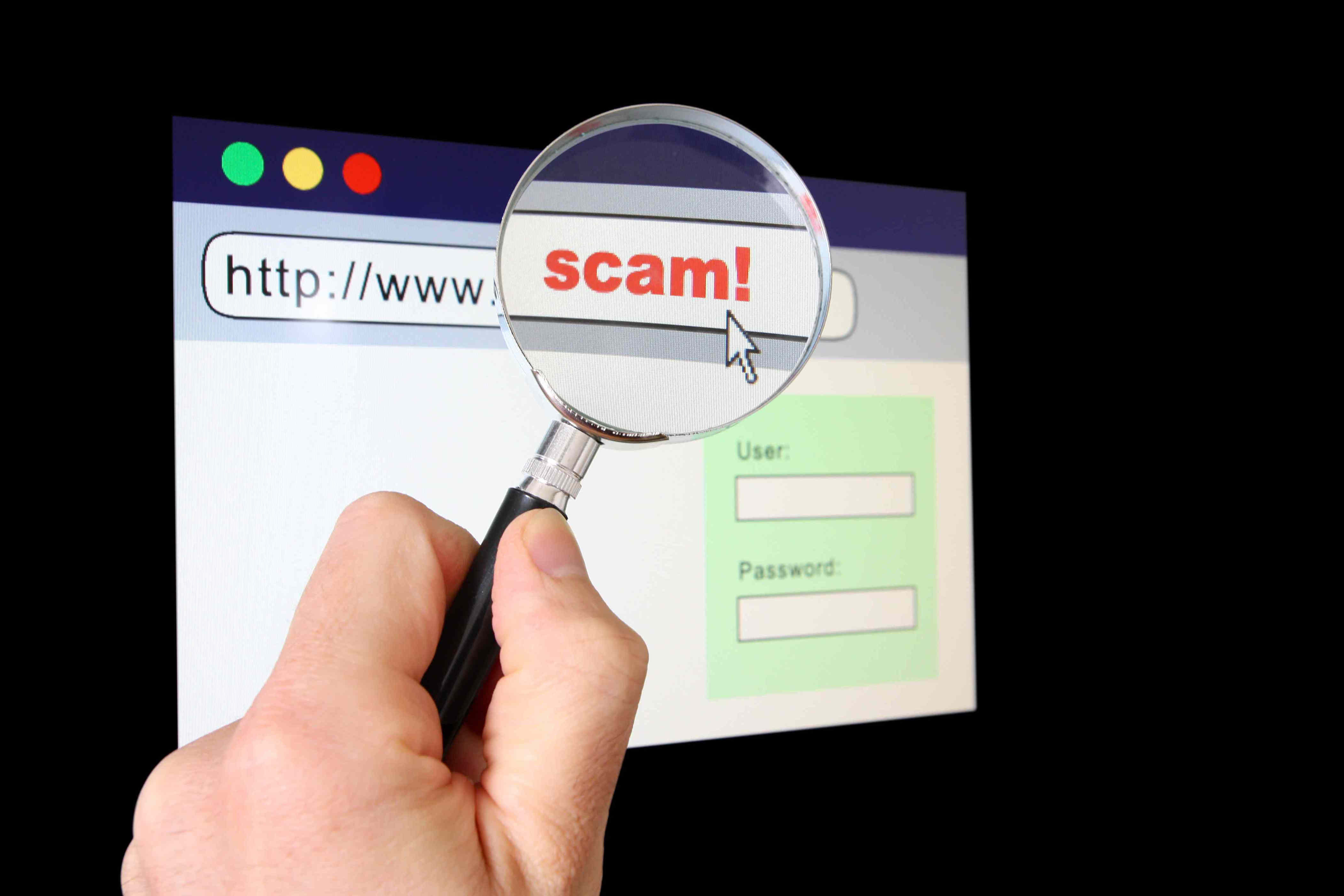How to Spot Fraudulent Trading Sites and Stay Safe

Understanding the Risks of Online Trading Scams
Every year, billions of dollars are lost to online trading scams, many of which are so convincing that even experienced investors can fall victim. These fraudulent platforms often use enticing promises of guaranteed profits, sleek websites, and aggressive sales tactics to lure people in. However, behind their polished appearance lies a dangerous intent: to steal your money.
According to Aneirin Flynn, CEO of Failsafe, an internet and blockchain security company, "If it guarantees profits and pressures you to act fast, that’s your first red flag." In today's digital landscape, where AI-powered scams and deepfake investment gurus are on the rise, learning how to identify fake platforms is more crucial than ever.
Key Signs of a Suspicious Trading Platform
Fraudulent trading platforms are becoming increasingly difficult to detect, but there are still clear indicators that something might be wrong. Flynn advises individuals to be cautious of any sites that promise guaranteed profits or claim they will generate income with little to no risk. "Legitimate brokers don’t cold-call or send spam emails promising guaranteed riches," he said.
Other warning signs include missing or fake company addresses, lack of a customer service phone number, and websites that have been active for only a few weeks or months. If a platform pushes you to deposit funds immediately, requests cryptocurrency transfers, or uses vague language and complex jargon, it’s essential to verify its legitimacy.
Verifying the Regulatory Status
Before sending any money, it’s important to check if the platform is registered with reputable regulatory bodies. In the United States, forex and derivatives platforms must register with the Commodity Futures Trading Commission (CFTC) and be members of the National Futures Association. For crypto platforms, registration as a money service business with the Financial Crimes Enforcement Network is necessary.
"Check the regulator’s website," Flynn recommends. "If you can’t find them, don’t trust them." Additionally, look for warnings or alerts issued by financial authorities to ensure the platform is not under investigation.
Avoiding Unsolicited Offers and High-Pressure Tactics
Scammers frequently reach out through social media, messaging apps, or email, offering secret opportunities or exclusive deals. Be cautious of anyone who tries to gain your trust quickly, asks for remote access to your computer, or encourages you to make a small “test” investment before asking you to significantly increase your stake. If something feels rushed, secretive, or too good to be true, it likely is.
Conducting Thorough Research and Testing the Platform
Research the platform’s reputation online by looking for independent reviews and checking how long the website has been registered. Try contacting customer service to see if you can reach a real person. If you can’t get clear answers or feel uncomfortable, it’s best to walk away.
If you decide to proceed, start with a small deposit and attempt a withdrawal before committing more funds. This helps you gauge the platform’s reliability without risking large sums of money.
What to Do If You’ve Been Defrauded
If you suspect you’ve been scammed, act quickly. "Cut contact and lock down any accounts, including bank, email, socials," Flynn advised. Collect all evidence, including emails, transaction records, and screenshots.
Report the fraud to regulators such as the U.S. Securities and Exchange Commission, CFTC, or the Financial Industry Regulatory Authority, as well as the FBI’s Internet Crime Complaint Center. Notify your bank or credit card company to block further transactions. Don’t stay silent—alert your networks and warn others about the scam.
The Bottom Line
Suspicious trading platforms are more sophisticated than ever, but with vigilance and the right steps, you can protect yourself. Trust your instincts if something doesn’t feel right, verify everything, and remember that legitimate investments never require secrecy, pressure, or promises of guaranteed returns. If you’re unsure, step back and seek advice.
Should the worst happen, act fast before more damage is done. You have to "contain the blast radius," Flynn said.

Posting Komentar untuk "How to Spot Fraudulent Trading Sites and Stay Safe"
Posting Komentar